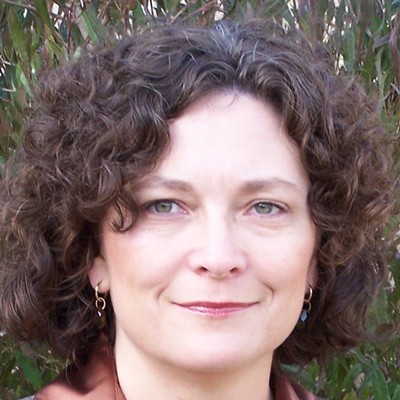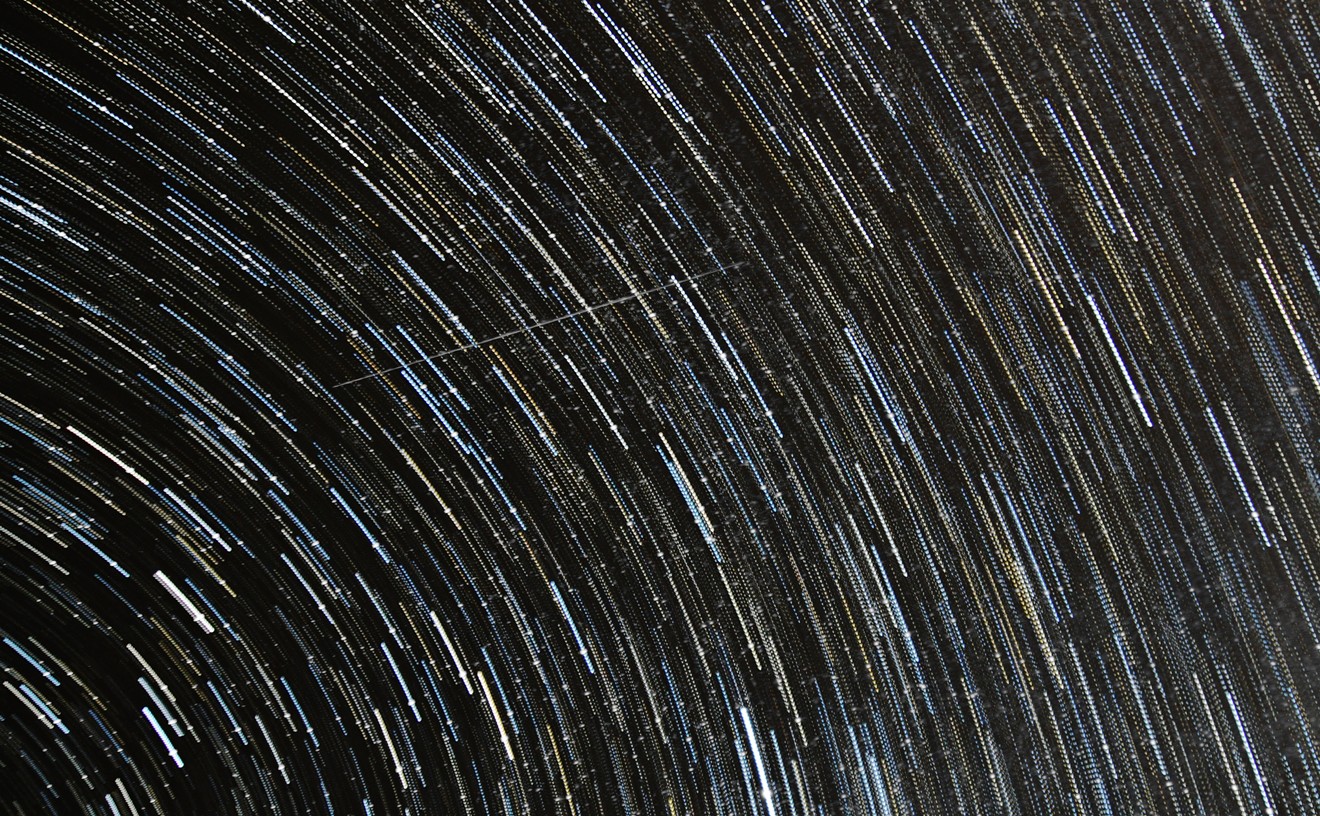Performance in the Borderlands, an Arizona State University initiative addressing the intersection of arts and culture with border-related issues, recently announced its 2016-17 season.
The season includes a robust lineup of artists working in visual art, theater, dance, and music. Its theme, “Voices of Power,” reflects a focus on women of color in the arts, and their role in affecting social justice within and beyond border communities.
Mary Stephens, producing director for Performance in the Borderlands, describes this season as her favorite to date. “This is a dynamic season that brings artists and cultural workers from both sides of the border together to change the politics and perceptions of the Sonoran Desert,” Stephens says.
Performance in the Borderlands launched during the 2003-04 season, and has engaged artists from Mexico, Argentina, California, and Arizona in exploring such issues as immigration, LGBTQ rights, and the Black Lives Matter movement.
This season kicks off with Grammy Award-winner Martha Gonzales, whose public conversation and music demonstration at Phoenix Center for the Arts happens on September 13. The event includes a panel discussion with Liz Lerman, Jaclyn Roessel, Marlon Bailey, and Monica de la Torre.
After that is Oasis, comprising an art installation and performances by Ana Teresa Fernandez, whose previous work includes symbolically erasing the U.S.-Mexico border by painting a portion of border fence to match the blue sky above it. Her site-specific installation at the Rio Salado Project on September 24 and 25 addresses land displacement, immigration, and water usage in the desert. It includes performances by several Arizona artists, including Raji Ganesan, Leah Marche, and Liliana Gomez.
“We hope the season helps people recognize the contribution of women of color in the arts and brings a deeper awareness of the politics of place,” Stephens says. “This year we’re really interested in showcasing the work of women as political activists and visionaries.”
October offerings include a bi-national artist residency by Yadira De La Riva focused on theater as a tool for social engagement. In November, Performance in the Borderlands presents Nogales, a performance piece using theater, media, and masks to explore Jose Antonio’s 2012 death along the border, at Mesa Arts Center. Also in November, Performance in the Borderlands sponsors Lluvia Flamenca, featuring local and international artists including Angelina Ramirez, at Crescent Ballroom.
It’s important to showcase Arizona as an incredible place of artistic production, Stephens says, adding, “So often, we hear of Arizona as a place things go to die.”
In January 2017, DJ Lynnée Denise will share a performative lecture rooted in her work on Afro-futurism, DJ essays, and theories of African diaspora. And in May, Performance in the Borderlands will close its 2016-17 season with Más, a docudrama written by California playwright Milta Ortis, whose Disengaged play developed with Rising Youth Theatre premièred in Phoenix during 2014. Más was inspired by Tucson Unified School District's ban several years ago of ethnic studies classes.
Despite its focus on border-related issues, Performance in the Borderlands has implications far beyond the U.S.-Mexico border, says Tamika Lamb, a longtime collaborator with the ASU initiative and lead partner for this year's bi-national artist residency. Performance in the Borderlands presses people to dialogue about things like gender, religion, and geography that too often separate and divide them, she says.
“It helps people be open and look at the physical and invisible barriers in their lives, and talk about ways we can all come together,” Lamb says.
Correction: This post has been updated from its original version to reflect that Lluvia Flamenca is sponsored by Performance in the Borderlands, not presented by PIB, and that Rashaad Thomas is not participating in Oasis.
[
{
"name": "Air - MediumRectangle - Inline Content - Mobile Display Size",
"component": "18478561",
"insertPoint": "2",
"requiredCountToDisplay": "2"
},{
"name": "Editor Picks",
"component": "16759093",
"insertPoint": "4",
"requiredCountToDisplay": "1"
},{
"name": "Inline Links",
"component": "17980324",
"insertPoint": "8th",
"startingPoint": 8,
"requiredCountToDisplay": "7",
"maxInsertions": 25
},{
"name": "Air - MediumRectangle - Combo - Inline Content",
"component": "16759092",
"insertPoint": "8th",
"startingPoint": 8,
"requiredCountToDisplay": "7",
"maxInsertions": 25
},{
"name": "Inline Links",
"component": "17980324",
"insertPoint": "8th",
"startingPoint": 12,
"requiredCountToDisplay": "11",
"maxInsertions": 24
},{
"name": "Air - Leaderboard Tower - Combo - Inline Content",
"component": "16759094",
"insertPoint": "8th",
"startingPoint": 12,
"requiredCountToDisplay": "11",
"maxInsertions": 24
}
]











